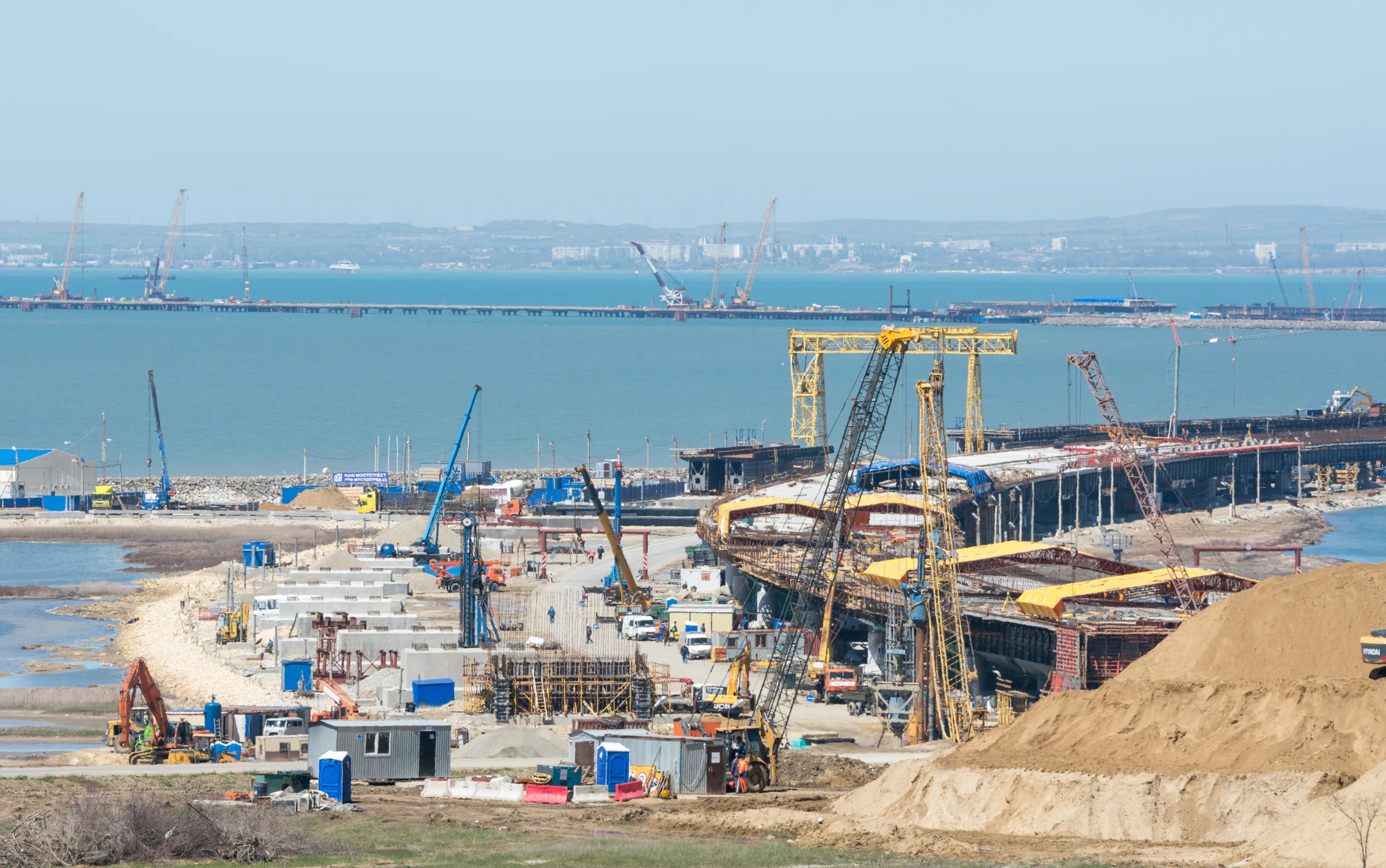An investigation is now being carried out into the safety of the new Col de Tende Road Tunnel project, currently being built. Concerns have been raised about the strength of the concrete being used in the construction. A number of personnel from firms involved in the project have already been arrested on fraud and theft charges, with police actively investigating several high profile figures.
However an official statement has been released saying that there is no immediate danger with regard to the tunnel’s safety. Costing €280 million in all, the new Col de Tende Road Tunnel is due for completion in 2020. The link will be tolled, with a concession deal paying for the project.
The existing Tende tunnel was constructed in 1882 and is one of the oldest road tunnels in the world. However the 3.2km link can only handle traffic moving in a single direction, which leads to delays for users who often have to queue for up to 20 minutes at a red traffic light. Many drivers opt to take the Mont-Bland or Frejús tunnels instead as a result.
France-Italy tunnel in the spotlight for safety
An investigation is now being carried out into the safety of the new Col de Tende Road Tunnel project, currently being built.
June 27, 2017
Read time: 1 min








